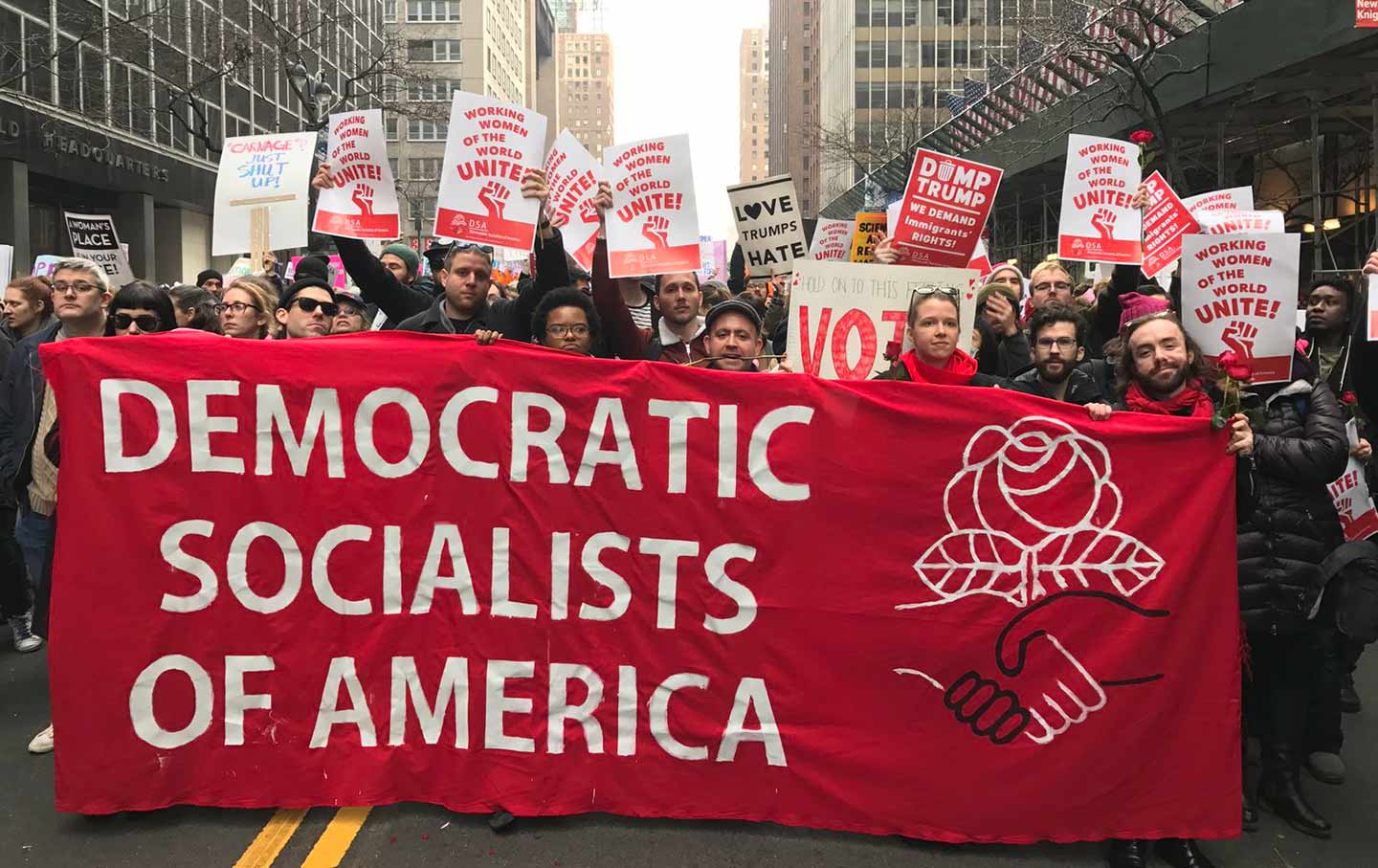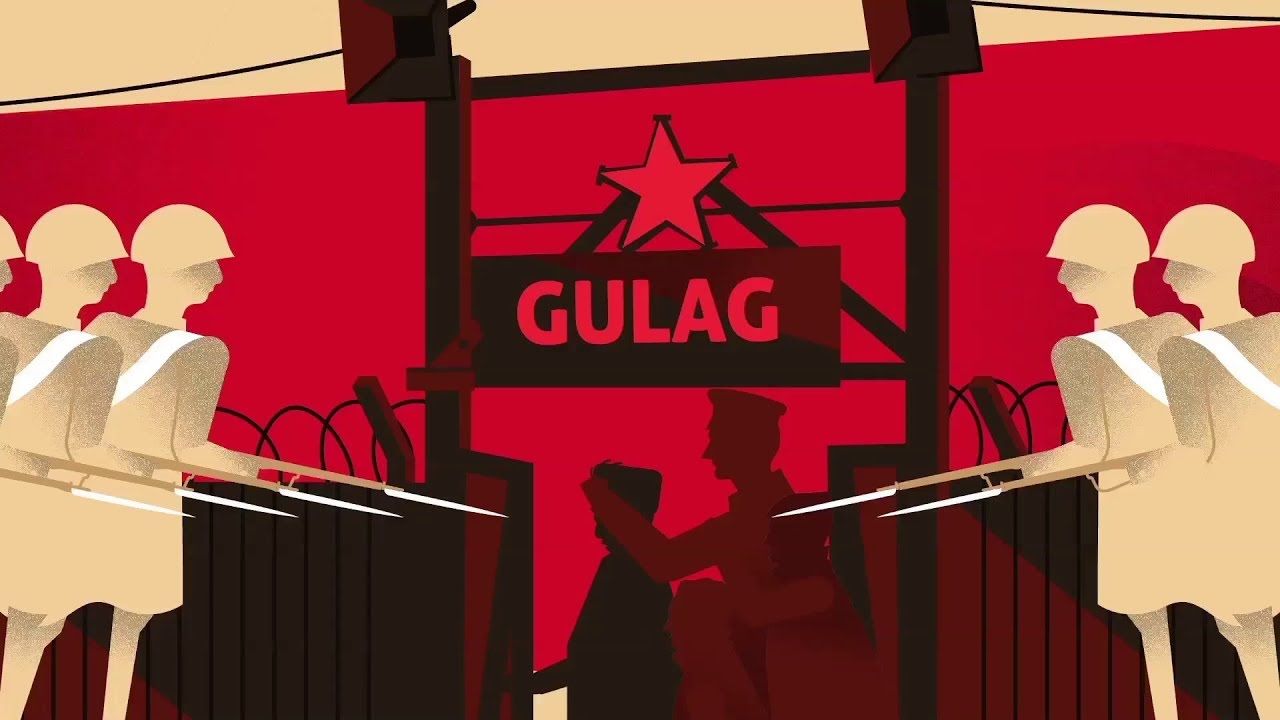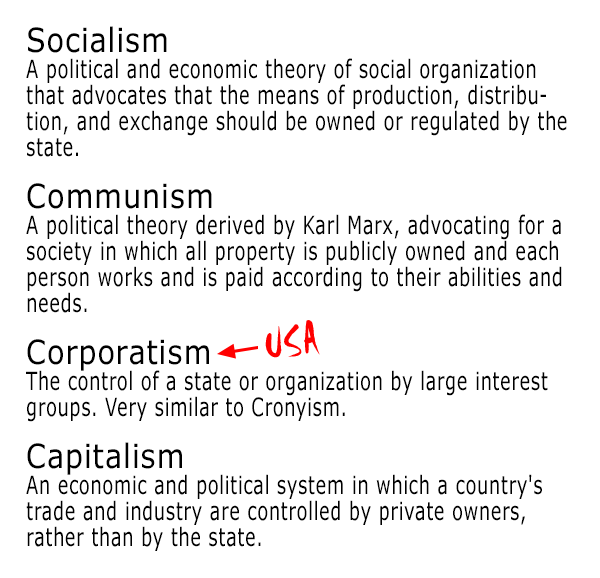Updated. Originally written in 2020.
Voluntaryist Empathizing with and Addressing the American Democratic Socialist Perspective
No matter what your philosophical / political beliefs, odds are: you have a desire to increase joy, prosperity, health, and security for as many people as possible. Also, I propose that many have in common is discontent with the current system of government in the USA and many other Countries.

Socialists and their detractors, including Libertarians and Free Market Anarchists (hereinafter “Voluntaryists”), see the necessity of creating structures to assist, watchdog, uplift, and protect people.
Note: The text above is only a portion of Marxist theory. The intent of this article is to stay as concise and fair as possible. Also: It is understood that not all socialists are Marxists. We are going to generalize a bit in order to make a point. Finally: For most of this article, we can easily swap out “Socialist” for “Statist,” as even the right wing, surprisingly to many, advocates for coercive, centralized measures and tends to subscribe to the idea that force is OK if the quest is worthy enough. More: https://clearsayarchive.com/left_vs_right_illusion.asp

Let’s look at how a Voluntaryist might respond. Because I value recognition of the relevant perspectives here, I’m going to inject empathy into the Voluntaryist response. I’ll also take responsibility and say, “Here is how I would respond to each of these socialists points:”
(1) Socialist: “We want structures in place to assist people in times of need.”
Voluntaryist: Would you say that you value life, fairness, comfort, human flourishing, and security? And because of how much you care and worry about those who fall through the cracks, you want to create systems that will catch those who fall. We do, too, and the policies (or lack thereof) we propose support these values, just as yours do!
(2) Socialist: “It would be great if these structures were to spontaneously develop and be sustainable but not enough humans are generous enough for this to occur organically.”
Voluntaryist: I’m guessing here you are expressing values for order, predictability, security, and stability? We do, as well. Our assertions:
(a) Structures do spontaneously develop. I contend that it is part of human nature to band together to create services that are needed. You could even say this is directly correlated to our selfish natures. I’m sure we can point out many examples that exist right now, in spite of government. This is especially easier and more likely to occur when a service does not have to compete with government services whose funding is provided via forced taxation.
Example: Why would a customer pay for private security when the customer is already paying for police through taxation? Same with education and health care. All problem areas in this corporatist – not capitalist – system in terms of pricing and quality. Is that coincidence or something we should think about? If you zoom in to merely one of these industries, let’s say education, then you might believe the issue is an individual school and focus your fix there. Now zoom out a bit and you might believe the issue is the education industry and focus your fix there. Zoom out more and you start to see the real problem.
(b) The goal is for goods and services to be available. Free markets (when they have existed and diluted as they are by government regulation) have done a wonderful job making a greater variety of things available to a wider range of populations. Examples include automobiles, computers, cell phones, information, and energy. The market does this by finding greater efficiency gains which lead to lower prices. One example is how/why we’re starting to see this in opportunities for low priced education (e.g., MOOCs).
(c) If you and others care enough about any of these issues to force people to contribute, then wouldn’t you and others contribute voluntarily if there were no coercive government structure forcing you to contribute? Some would. Some would not. But without the overhead, regulation, tax, and loss of efficiency often incurred by government bureaucracy, the effects of each contribution would be greater in a voluntary society. And to go deeper: contribution that is forced is not true generosity. That is such an important concept, I’ll repeat it: CONTRIBUTION THAT IS FORCED IS NOT TRUE GENEROSITY.
(3) Socialist: “… most humans are so selfish and corruptible that they would take advantage of the few who would voluntarily and selflessly contribute to the good of all of us.”
Voluntaryist: You care about humanity, fairness, and justice. You have seen so many instances of people taking advantage of others that it’s important to you that we come up with solutions that work. Yep, people are often selfish and corruptible. This is the primary reason Voluntaryists do not advocate for giving people power over others. Think politicians. We believe “law without government” can easily be assembled so that we can have safety nets, security, and watchdogs. All based on the Non-Aggression Principle (NAP); basically that there is need for only one rule: IT IS NEVER OK TO INITIATE FORCE. So to be clear: Voluntaryists do not expect people to be angels and, in fact, assume there will be a small percentage of people who ignore rules. You may wonder, “How can that work?” Here are some examples: law without government.
Another way to think about this: How often do businesses self-organize, set up systems of security, reward, punishment, etc. without external control? How often do families do this?

(4) Socialist: “Therefore, we need an entity (hereinafter ‘Authority’) that has the strength to create and enforce rules upon the strong and selfish who would take advantage of the weak and generous. One of the many ways the strong and selfish would take advantage is by capitalizing upon the labor of the weak and generous. This is why our Authority must also control the means of production, to make sure that prices and salaries are fair.”
Voluntaryist: It probably seems a bit naive to you that without some neutral authority to referee, the “players” will all do what they want, resulting in a chaos where the only order to be found will be in domination from the rich in a “might makes right” world.
(a) As mentioned above, we can have “Law without Government”. You can find an example of this in a comprehensive 18 minute animation on this page: law without government. Briefly: In the absence of government monopoly on law and law enforcement, the many already existing security and insurance firms (Private Security Organizations or “PSOs”) often working with Dispute Resolution Organizations (DROs) will fill the void to provide sources of voluntary protection. In an atmosphere of zero legitimization of initiation of force (Free Market), people will be free to choose among the competing firms. Note, we are distinguishing between “firm” and “corporation”. “Corporation” is a government protected entity and no government means no corporations, meaning companies can and will be held fully responsible to their customers by their customers as well as by the various watchdog groups that already exist and more that will spring up, as well as the many PSOs they are competing with.
Finally, peaceful solutions are typically more cost effective than violent solutions. Remember, cost is not limited to money; reputation matters, especially in this age of instantaneous and wide-spread communication.
But let’s explore why the Socialist might justifiably fear any institutions allowed the power to protect, judge, and even punish. Most entities’ primary goals include reproduction and growth. So yes, it is conceivable that a PSO might want to “take over” by either buying out their competition or even creating an army.
What would stop them? There are many factors that virtually guarantee the cost-to-benefit ratio for a PSO to initiate force in a Free Market are so high that it literally would not ever happen. If you wish to go deeper on that subtopic, here is an in-depth exploration: https://clearsay.net/without-government-warlords-take-over/.

(b) Regarding the need for an Authority to control the means of production so as to make sure prices and salaries are fair. Here it is important to understand a foundation of Socialist economics, which is something called the Labor Theory of Value (LTV). It is simply the belief that a good should be priced in direct relation to the cost of effort and materials (hereinafter “energy”) required to produce the thing. So, if a person or company spent a huge amount of energy producing a microwave oven, let’s say $1000, then that is what the price must be.
Seems only fair, right? Look a little deeper and this theory falls apart. If people are forced to pay whatever cost the manufacturer incurred in production, where is the incentive for the manufacturer to find more efficient ways to produce microwave ovens? More importantly: this theory does not take into account the preferences of the customer. LTV assumes all products have an objective price, which does not take the customer’s subjective values and situation into account. The LTV is a result of the “genius” of Karl Marx.
Some examples
– In the desert, one may prefer a cup of water to a diamond.
– No matter how much time you spend producing mud-pies, they are still worthless.
– A fresh bottle of wine gains value simply by aging.
That said, modern “democratic socialists” recognize these issues with the labor theory of value, and propose other – more logical – ways of controlling the economy that might work better, though still missing the point that the real issue is the underlying desire to guarantee a specific outcome.
(c) Regarding the desire to protect workers from “exploitative capitalists”: Again, we see underlying values for inclusion, fairness, justice, and flourishing.
(d) In both the current corporatist structure, as well as in a truly free market, a person can structure their business to be worker-owned and worker-managed. However, if you ask modern democratic socialists if their world would allow for any firms to be owned and managed in any other way, you will most likely encounter a negative response.
(e) The issue of trade in a [truly] Free Market being voluntary. It lacks an explanation of why workers voluntarily choosing to exchange labor for wages is exploitative. A business owner (I’ve been one for 26+ years) must constantly juggle services, products, prices, salaries, etc. in order to stay viable in the market and especially in a [truly] Free Market where you can not lobby government officials for special favors, https://clearsay.net/regulatory-capture.asp, tax breaks, bailouts, etc. Yes, profit is important but smart employers also want to keep their employees as happy as possible. Unless you have a monopoly on your industry, your employees have more options than just you. Remember that in a typical employee/employer relationship, both sides profit. The employee exchanges their labor and less pay/profit for immediate and consistent pay, little or no investment, and little or no risk. In fact, often times your only investment as an employee is on-the-job training, which costs the employer and can only benefit you, whether you stay or move on to another company.
When you raise the minimum wage, you raise the cost of living. While that increase may not be huge, it will disproportionately hurt those with the least amount of purchasing power, i.e., those making minimum wage. “Why not set a ‘bottom’ to insure people are not paid something like $5 per hour?” At first glance this sounds great. Look deeper: Wage control takes people who have little or no experience and cuts them out of the market. Few, businesses can afford to bring in a completely inexperienced employee and pay them $8 or $9 per hour. Austrian school economists call this “removing the bottom rungs of the ladder”.

For a simple explanation of this topic, I recommend these sources
– Economics in 1 Lesson drawn by Amanda Billyrock:
https://www.youtube.com/watch?v=VDOYHm2C-r0
– Lessons in Praxeology (study of human action):
https://www.youtube.com/watch?v=MoNU_-__LlQ
– “Human Action” by Ludwig von Mises
(free at http://mises.org/Books/humanaction.pdf)
“…common ownership breaks down due to an inability to calculate properly for efficient allocation of scarce resources (see Bohm-Bawerk and Mises’ critiques of socialist calculation). But, the goals of communism aren’t [necessarily] statist – it’s just that most communist experiments have attempted to wield the state as a way of representing the idea of common ownership through a central institution.” ~ Christian Gruber on Communism











Recent Comments